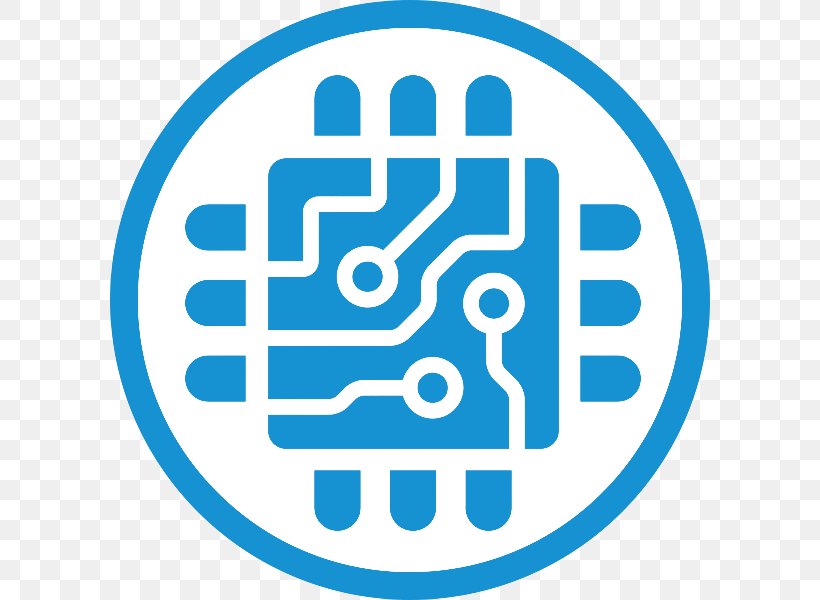

I think this is an interesting idea. If they’re able to pull it off, I think it will cement the usefulness of LLMs. I have my doubts, but it’s worth trying. I’d imagine that the LLM is specially tuned to be more adept at this task. Your bog-standard GPT-4 or Claude will probably be unreliable.







Yeah, they’ll probably have to check everything. Though, I wonder if even just checking that everything is good to go would save time from manually re-writing it all. While it may not be a smashing success, it could still prove useful.
I dunno, I’m interested to see how this plays out.